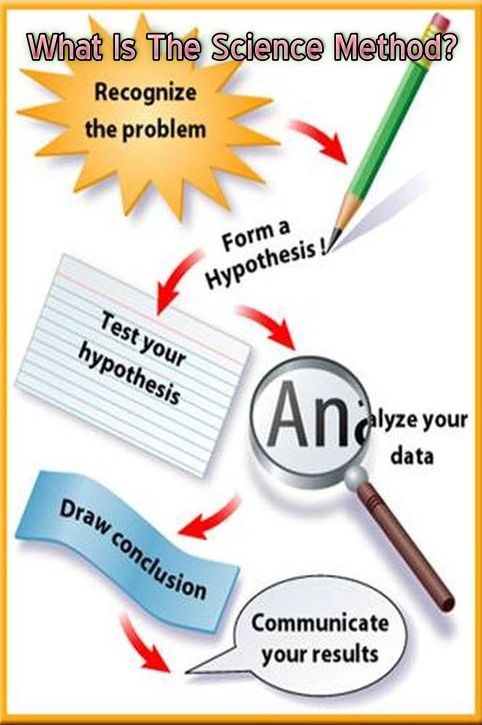What Is The Science Method?
Here at Transform Emotions, we talk about some inspiring new discoveries in science! In order for an experiment or research findings to be considered “scientific,” science follows a very specific and rigid method called the “Scientific Method.”
It is important to understand that there are entire textbooks and college courses on this topic, so it can get very in depth, to say the least. But if you would like a brief understanding on, “What is the Science Method?” – You may want to read this article!
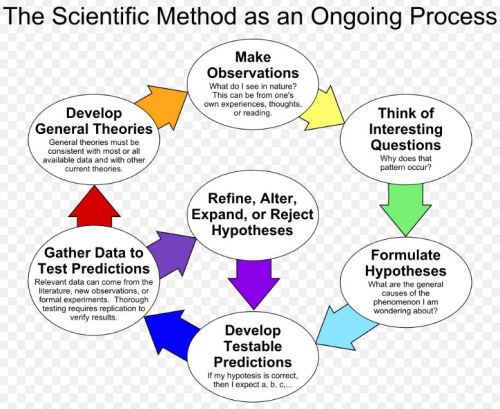
Because we talk about a lot of inspiring discoveries that are the by-products of the mind, it is obvious to note that the mind is invisible and cannot be “measured.” Because of this, a lot of topics and articles on this website do not fall under the scientific method. However, a lot of topics here do fall under the category of science, so an understanding of the scientific method is important as a reference point for this site.
When considering inspiring topics around the mind, healing, and potential – often the best we can do from a scientific perspective is to study its physical effects. Because of that, many articles on this site are largely philosophical in nature, with alternative points of view. In other words, science is one part of this site and a very important one! But certainly not the only one.

So What Are The Steps to the Scientific Method?
- Find a research idea.
- Form a hypothesis – this would be a prediction or a tentative answer that is deductive in its analysis. This means that the analysis goes from something general to something specific.
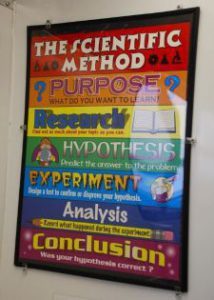
- Define and measure the variables in the experiment. This is done by identifying specific procedures that are used to define and measure the variables.
- Identify and select participants or subjects. We want to know how many participants there are, the characteristics of those participants and how they are selected.
- We then select a research strategy. We consider any and all internal and external validity. We decide between experimental or non-experimental, descriptive, correlational and quasi.
- We select a research design (Between-subjects, within-subjects, factorial, and single-subject.)
- We conduct the study and collect the data.
- We evaluate the data. This is done by using statistical analysis. We then summarize that data and interpret the results.
- We report the results – must be accurate, honest and confidential.
- We refine and reformulate, modify, refine and expand upon the results.
What is Reliability?
If we repeat it, will we get the same answer again? Are those answers consistent over time? In order for an experiment to be reliable, it must be consistent and dependable. If you use the same definitions in more than one study, you should get the same results.
What is the extent to which two or more people will agree? How is that agreement over time? Is it stable? If the same person is measured twice, would you get the same results? Do different portions of surveys or questionnaires measure the same way?
What is Validity?
Is there a numerical and statistical difference between the Independent Variable and the Dependent Variable? In order for an experiment to be scientifically valid, the independent variable must cause a change in the dependent variable.
For example, does heat cause ice cream to melt? Heat would be the independent variable and ice cream would be the dependent variable. Heat caused a change in the ice cream.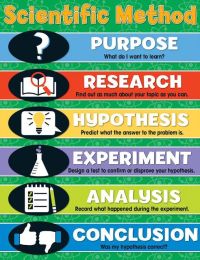
But it is important not to confuse causation with correlation. If more people eat ice cream in the heat and there are more crimes taking place in the heat, does that mean ice cream causes crime? Of course not! But what it does mean is that ice cream is correlated with crime. In order for something to be considered scientific, there must be a causal factor, not correlation.
In order for something to be valid, we need to be sure of a few things. Are we actually studying what we think we are studying? How does it appear? Are we including the right items? Is it predictive? Are we measuring what we think we are measuring? Does the independent variable cause changes in the dependent variable?
What are the Threats to Internal Validity?
Does one group have an advantage over the other group? Is time (and not the independent variable) causing the change in the dependent variable? Have people dropped out of the study? Are there outside influences such as temperature, sickness, a fight with the spouse?
Has boredom set in? Are the participants getting tired? Have they been cued ahead of time? Could this affect the results? What about the subject’s expectations? Are some people working harder because they want there to be an effect? Are they acting differently because they are being watched?
What about the experimenters? Are they biased? Do they want to influence the results? Do participants have an idea of what is expected of them?
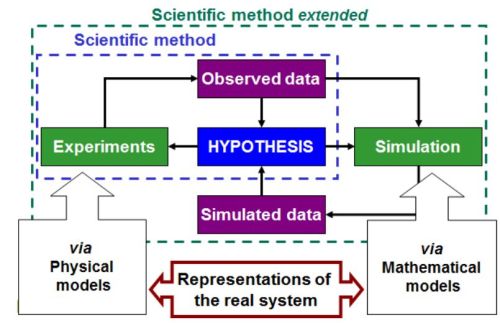
What are the Threats to External Validity?
Will the results generalize to the “world at large?” Are there media influences, authority influences? What is the physical setting? Will these variables affect the results? What about gender? Will these variables influence the results? Is the researcher biased?
Will the way they are tested in one condition affect the way they will behave in another condition? What are their skills, what are their personality and motivation levels? Are they different? How many subjects are volunteers and how many are not?
What about the data – has it been analyzed correctly? Have the subjects been randomly selected? Can the results be replicated over space and time? How are the participants being described? What is the strength of the direction and the design?
What about the Hypothesis?
Is the hypothesis logical? Are there facts? Is it testable? Is it possible to observe and measure it? Is it able to be refuted? Is it possible to prove it false? Is it positive? Can the argument be logically combined to yield a conclusion?

What Science Should Always Be:
Is the experiment testable and refutable? Is it objective and unbiased? Does it adapt to new theories and evidence? Is it grounded in past science? Is it empirical, public and objective? Has there been informed consent?
Hopefully, this article will give you a good idea of the amount of work and research that goes into a valid and reliable scientific study. But at the same time, it should also give you some insight into why scientists don’t always interpret the data in the same way.
Why Scientists Don’t Interpret Data the Same Way:
If you have not guessed already, that reason is (quite simply) variables. No matter how hard scientists try to prove that their studies are valid and reliable, there are often still invisible and hidden variables that can affect the results.
For example, if there was a group of 20 participants and half of those participants were newly engaged and about to be married and the other half were going through a divorce, no matter how carefully controlled the variables are, variables like this can influence the outcome.

Another reason scientists don’t always agree is due to definitions in science. Scientists do not always agree on how definitions are interpreted, as well as when definitions should apply to different situations.
Should We Always Accept Scientific Data As Truth?
Before openly accepting a scientific study as absolute truth, maybe one should ask some important questions. One of the most important questions to ask is who is conducting the survey? Do they have something to gain if the study proves to be significant? Could there be bias?
But in spite of all of that, science is without a doubt one of the best and most tangible ways that we have of exploring and learning about the world we live in. I absolutely love science, but what about the variables that we cannot see, feel, touch or measure?
What is going on inside of the minds of the participants and researchers? What are their invisible (and unable to be measured) beliefs, thoughts, emotions, experiences? Just because we cannot measure them, does that mean we should disregard them?
Well, that is a matter of opinion but it is probably obvious by now, that I think not! I will continue to seek out answers from every direction and science is certainly one of them! But not the only one! If you would like to learn the latest in scientific research on the exciting discoveries on health and healing, you may want to click here.
Please feel free to leave your comments below! As always, all comments are appreciated.

